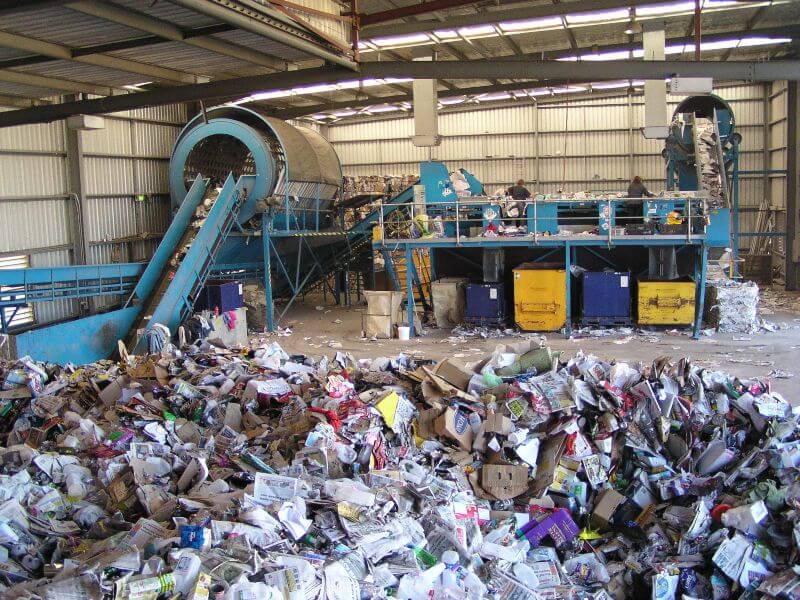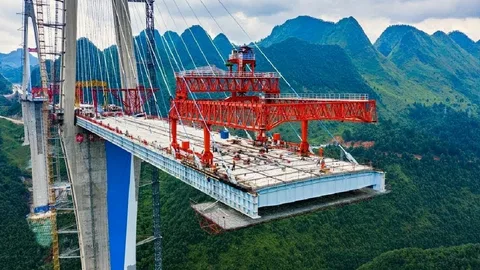
As a business owner, you know that proper waste disposal is an important part of running a successful business. But with so many different waste disposal techniques available, it can be hard to know which one is best for your particular business model. In the points below, we’ll provide a detailed breakdown of all the different general/green/concrete waste disposal techniques available to businesses, and how to find the best match for your own needs.
Types of Waste Disposal Techniques
There are many types of waste disposal techniques, ranging from landfilling and incineration to recycling and beyond. Here’s a quick overview of some of the most common waste disposal techniques used by businesses today:
- Landfilling
This involves taking non-recyclable materials such as paper, plastics, food and other organic materials and burying them in large pits or trenches. Landfilling is often the cheapest option but can have negative environmental impacts if not done properly.
- Incineration
Also known as “burning” or “thermal treatment”, this process involves burning organic materials such as paper, plastics and food in an incinerator and turning them into ash that can then be disposed of safely. It’s usually more expensive than landfilling, but can be beneficial for reducing air pollution caused by certain types of industrial processes.
- Recycling
This involves taking recyclable materials like cardboard, glass, plastic bottles and aluminium cans and turning them into new products that can be reused or sold for profit. It reduces landfill volumes and pollution created by producing new products from raw materials.
- Composting
This technique involves taking organic material such as food scraps, yard trimmings and paper products and breaking them down into soil-like material with the help of micro-organisms (worms). The resulting compost can be used in gardens or around trees to improve soil quality without introducing pollutants into the environment.
Finding the Right Waste Disposal Technique for Your Business
Choosing the right waste disposal technique for your specific business will depend on a number of factors including budget constraints, environmental impact considerations and what type of waste your business produces.
For instance, if you produce mostly organic waste (like ground coffee beans and uneaten foods), then composting may be a good fit. However, if you produce mostly recyclable items then recycling may make more sense from both an economic and environmental standpoint.
Additionally, it may also make sense to use multiple methods depending on what type of waste you have – for example, using landfills for non-recyclables while using recycling centres for recyclables could provide cost savings while still allowing you to reduce your environmental footprint.
Which option works best for your business?
Waste disposal is an important part of running a successful business, but choosing the right technique can be tricky given all the options available today. We hope this post has provided you with some clarity when it comes to understanding the various types of waste disposal techniques available to businesses, as well as how to determine which one will work best for your particular needs.
With careful consideration and research on each method’s advantages and disadvantages, you should easily be able find one that fits within your budget constraints while still providing maximum benefit both economically and environmentally speaking. Good luck!






